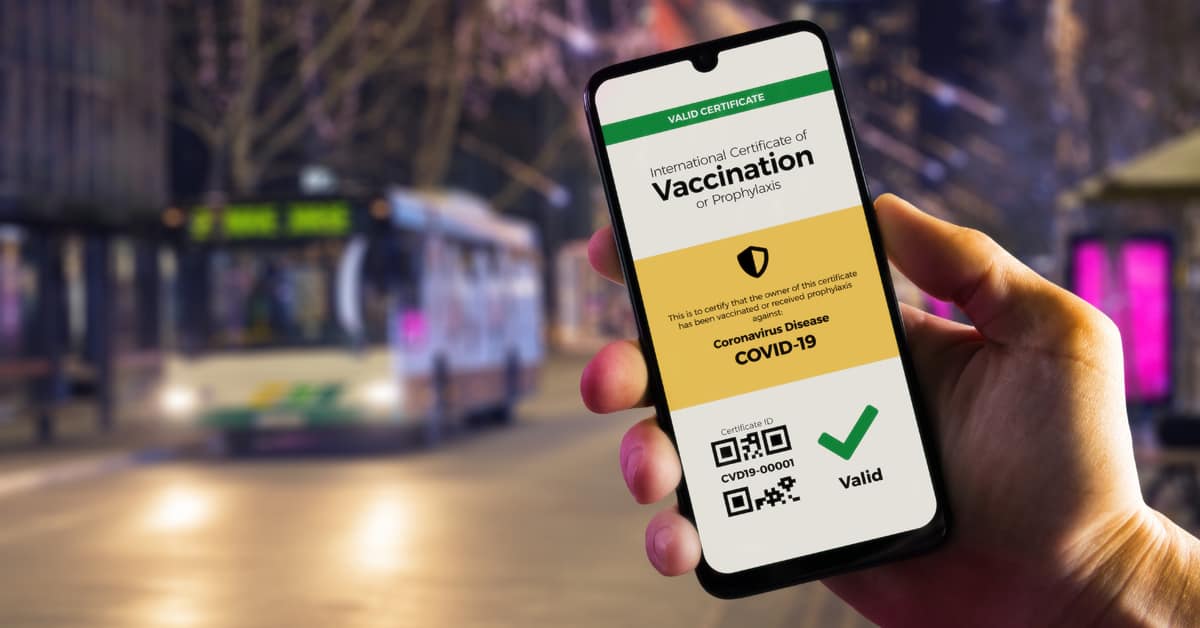
The world has changed in the last two years. The production industry has waited on the sidelines with anticipation as things begin to hopefully be finally on the up and up in terms of reshaping life as we knew it before the pandemic.
Production companies and event planners have, in my humble opinion, been required to pivot more than most sectors and wait patiently to get back to the work they love executing events we all miss and need.
As live events are eagerly anticipated, the biggest question that comes to mind for every event planner is the new policies and protocols that will go into the event.
Facing this question is one of the big ones:
Will you require proof of vaccination for attendees to enter your event?
Regardless of what side of the fence you are on, your event planning will insist on this big question.
Will you require proof of vaccination for attendees to enter your event?
With government policy and social advocacy going through the province of Ontario like wildfire, live event planning must pay close attention and have a guided stance in their process.
The last thing anyone wants is to have an exciting event get heated press or debate regarding the decisions around proof of vaccination, health and safety rules, mask-wearing and social distancing.
As you weigh out the options, here are three pros and cons to help you make an informed decision that your attendees will respect and follow.
Pros in Requiring a Vaccination to attend your event
- Being a part of the protection and safety of others is an admired position in event planning. Health screening is believed to minimize the risk and spread of the virus. A vaccine passport allows automation and enforcement of attendees in a simpler way than previous methods, like checking the bags at the door. Event planners can offer bracelets as a confirmed way to enter and then fully participate in every event segment.
- Implementing a consistent, user-friendly and seamless process is one of the most current ways to demonstrate event success. For example, suppose you can deliver a successful event with a smooth process regarding vaccination (or alternative to vaccination such as a negative test). In that case, your attendees will remember the effort to keep everyone’s eye on the event, not the COVID protocols.
- Hybrid Events are here to stay, so creating a marketing strategy to ensure everyone feels safe and can participate is an attainable goal for event planners. Hybrid events offer many benefits beyond keeping a live event feeling safer. Check out our blogs for creating successful hybrid events! Building a fantastic hybrid option will remove barriers, and attendees will not be able to say they could not participate.
Cons in Requiring a Vaccine Passport to attend your event
- Even if unvaccinated guests have no passport and have some sort of exemption, it suddenly is far more challenging to be inspired to even try to attend because of the barriers on your reach. The effort to show an exemption letter, even if for socially acceptable health reasons or obtain a negative test, simply makes it an additional hassle many may not want to bother with.
- Should people who are not vaccinated regardless of their reasons be shamed and evicted from community events, convocations, conferences and social gatherings? Events are not the same as travelling. They bring together people quite often who are together anyway and bring livelihood to the lives of others through work or play.
- Logistically, it is a challenge to implement any of the new protocols of the pandemic and can cost money to create seamless and smooth systems. By investing in the vaccine requirement, the client loses valuable options in creating the event they desire to have and are forced to scale back, minimizing the success and, by extension, thwarting the economic growth we need to recover from all of this.
Regardless of the decision you choose to make regarding proof of vaccination at your next event, the key is to state your reasons clearly and communicate them early. With the ever-changing world right now, it will be an evolving transition in the world of production and event
